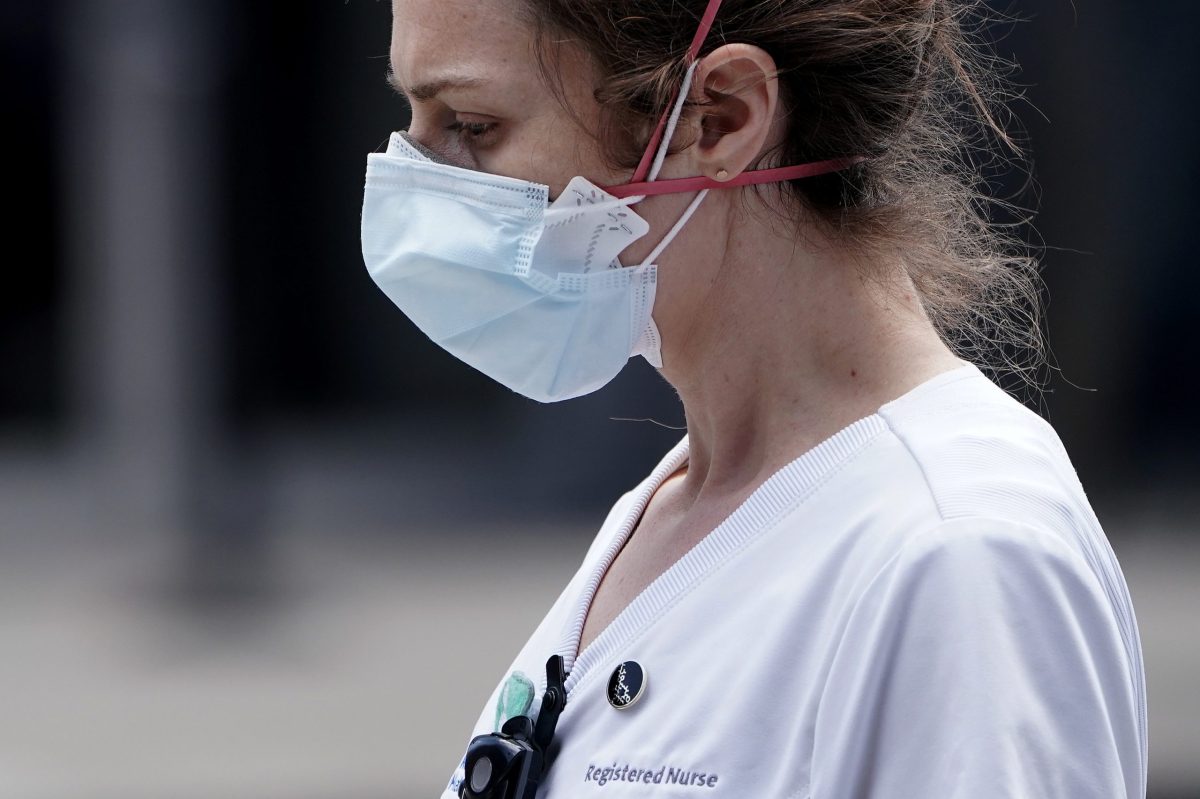BY STEPHANIE NEBEHAY
Authorities must protect nurses and other health workers from harassment and attacks compounding the already heavy toll they are paying in the pandemic, the World Health Organization (WHO) and top nursing officials said on Tuesday.
Some 100 medical workers are reported to have died from the disease so far, including many nurses, Howard Catton, ceo of the International Council of Nurses, told a news briefing.
The world’s 28 million nurses, 59% of all health workers, were overstretched before the crisis began, the WHO, the Nursing Now campaign, and Geneva-based council said in the first “State of the World’s Nursing Report”.
Some have become targets out of people’s fear of contagion.
“We have picked up reports around the world of abuse, harassment of health workers, we had one case of somebody being spat on as well. It is completely unacceptable, reprehensible,” Catton said.
He called for governments to have a “zero tolerance approach” to such abuse and to ensure that public health messages are clear and fact-based.
Giorgio Cometto of WHO’s health workforce department said it was a relatively new phenomenon “whereby health workers are seen as a potential risk, as a potential threat as opposed to being a solution to the current crisis”.
“This really reinforces the need to have adequate communication for the public as well as specific measures to be put in place to protect health workers particularly in the context of the response to the current pandemic,” he said.
Baroness Mary Watkins, chair of Nursing Now, said nurses have been attacked previously during outbreaks of Ebola and the AID-HIV epidemic.
Referring to COVID-19, she said: “We have not had active violence that I know of in the UK, but we have had people trying to take nurses’ badges because they have been allowed to go into supermarkets early to buy food before going on their shift… That seems to have had a stop put to it.
“But there has been a very very clear directive from the police in many countries that attacking a health care worker is unacceptable. We need to keep pressure up,” Watkins added.
There is still a global shortage of nearly 6 million nurses, mainly in low- and lower-middle income countries, where the number of new recruits barely keeps pace with population growth, the report said.
Nurses are particularly lacking across Africa, in Afghanistan, Pakistan, Yemen, and Venezuela, it added.



































